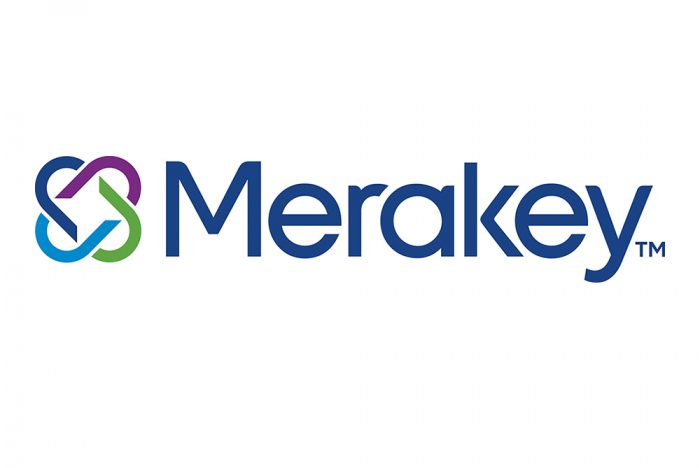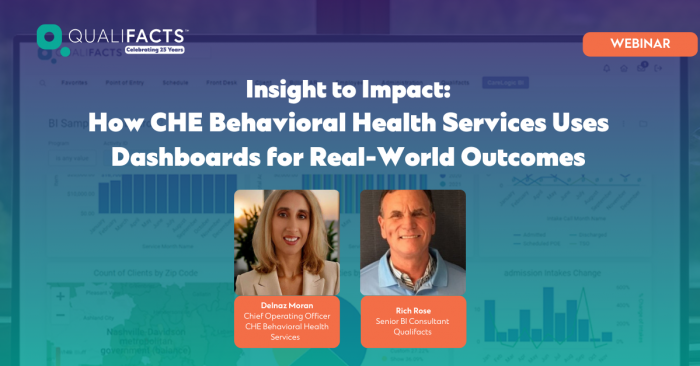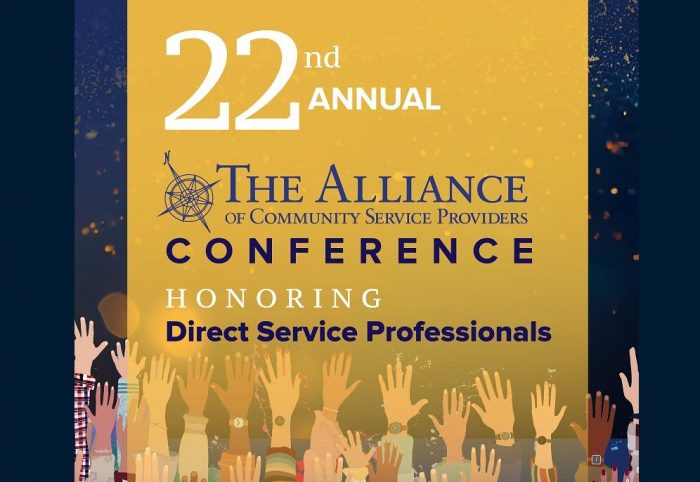Monday, December 8, 2025
2:00 pm – 3:00 pm EST; 1:00 pm – 2:00 pm CST;
12:00 pm – 1:00 pm MST; 11:00 am – 12:00 pm PST
Register HerePresenter Bios:
Hannah Gift, OTR/L, CHT, COMT UE, CEAS
Hannah Gift is an occupational therapist and certified hand therapist at St. Louis Children’s Hospital in St. Louis, Missouri. Her primary role is providing upper extremity rehabilitation for pediatric patients with acquired, traumatic, and congenital conditions; she also serves on a team specializing in complex pain and neurological disorders. Hannah previously served on the American Society of Hand Therapists (ASHT) board of directors in roles including Education Division Director and Board Member at Large, and she has taught live and virtual education courses for Select Medical, ASHT, and other local and national organizations.
Jennifer Seigel, RN, CPNP, CWCN
Jennifer Seigel is a Pediatric Nurse Practitioner at WashU at St. Louis Children’s Hospital. She works in the Pediatric Surgery Department and has specialized in burn recovery and wound care for 25 years. St. Louis Children’s Hospital is a level 1 trauma hospital and sees several hundred burn patients per year through both their inpatient and outpatient departments. Jennifer has authored textbook chapters on burn care and often lectures on the topic. She enjoys caring for children and their families in the St. Louis Children’s Hospital burn wound unit called PAWS: Pediatric Acute Wound Service.
Objectives: Following this course, the learner will:
- Describe 2 common mechanisms of pediatric hand burns and their implications for wound depth and tissue involvement;
- Differentiate between the grades of burn injury to guide appropriate medical and rehabilitation interventions;
- Identify the correct position of an orthosis based on the location of the hand burn; and
- Discuss the purpose of pressure garments and other scar management techniques in improving functional outcomes for pediatric patients.
Audience: This webinar is intended for all interested members of the rehabilitation team.
Level: Beginner-Intermediate
Certificate of Attendance: Certificates of attendance are available for all attendees. No CEs are provided for this course.
Complimentary webinars are a benefit of membership in IPRC/RCPA. The registration fee for non-members is $179. Not a member yet? Consider joining today.


















